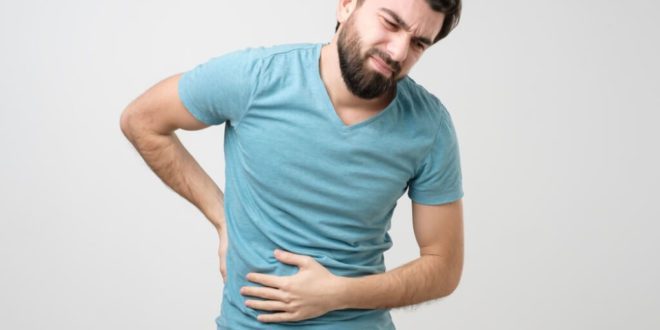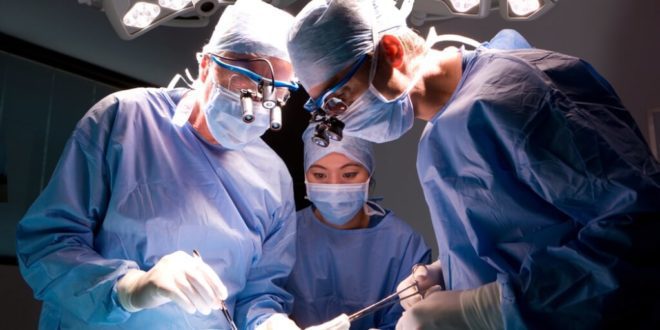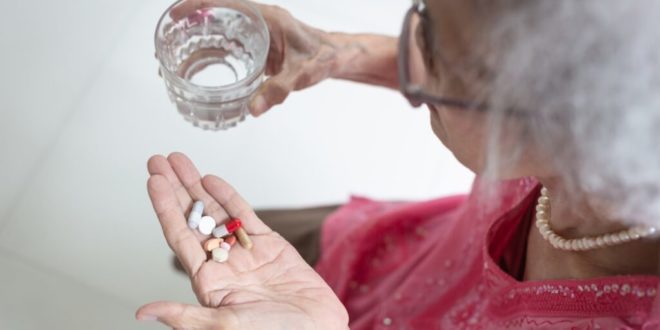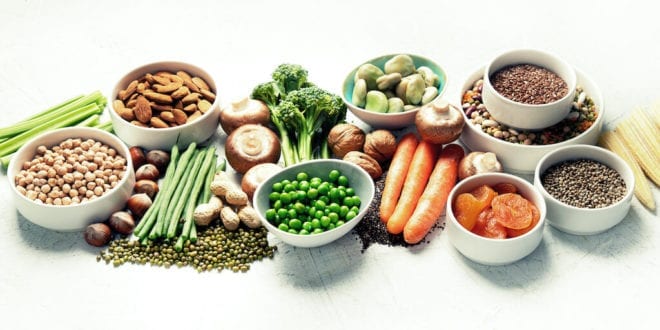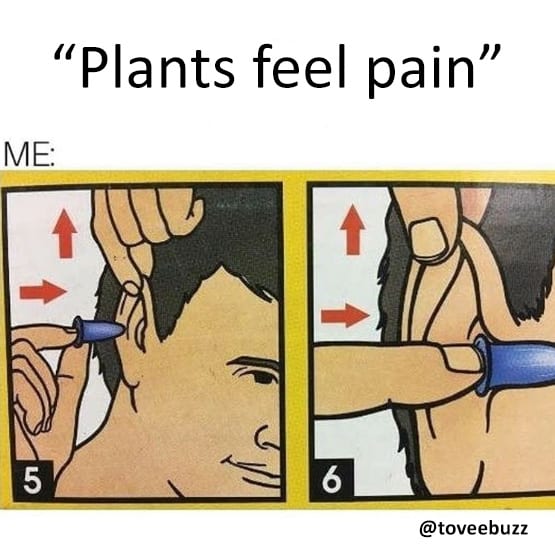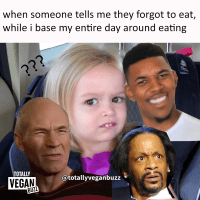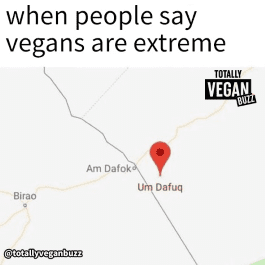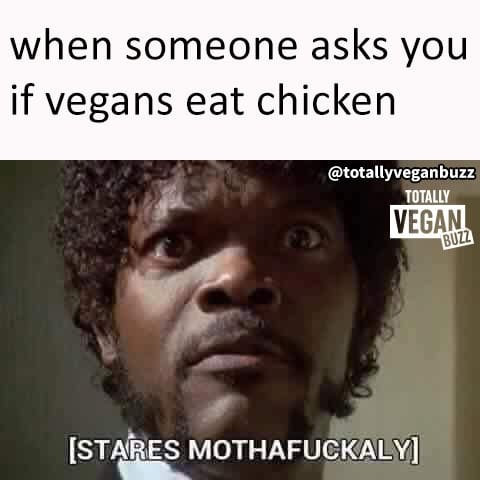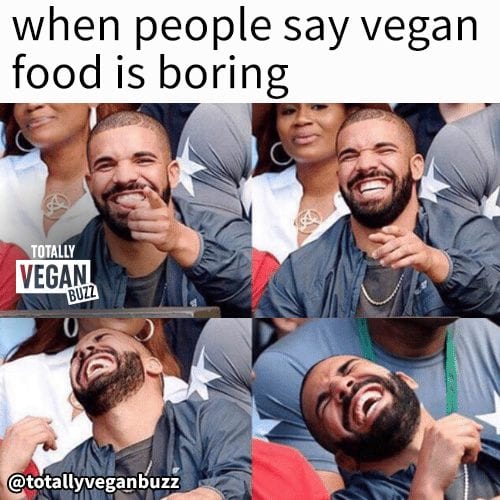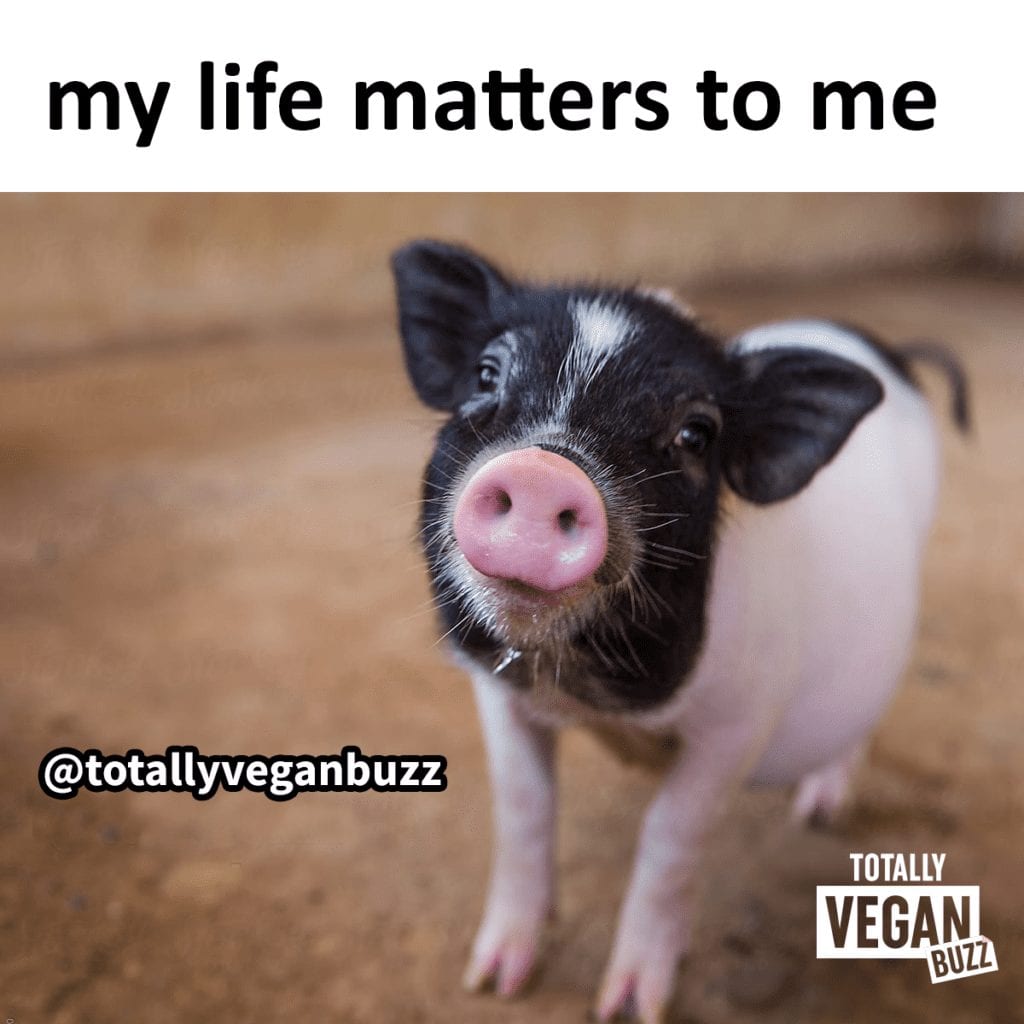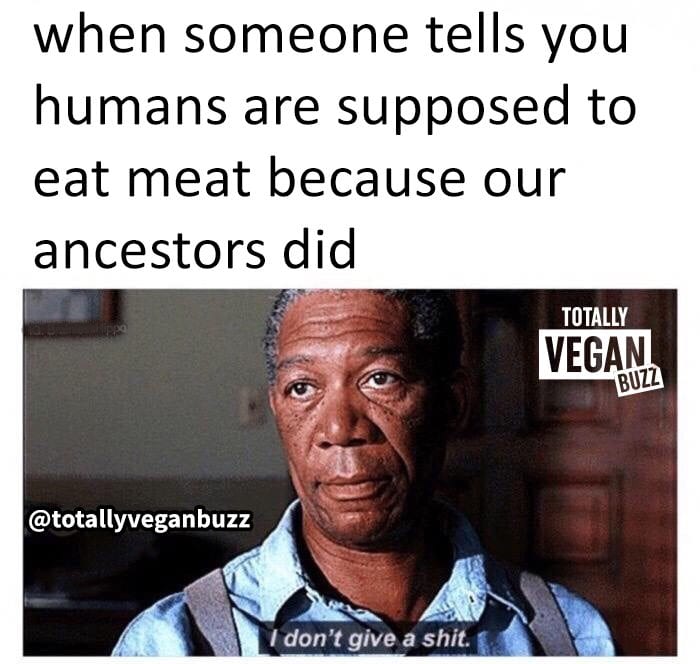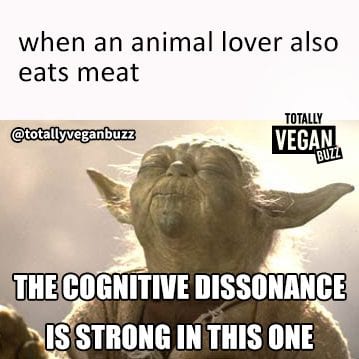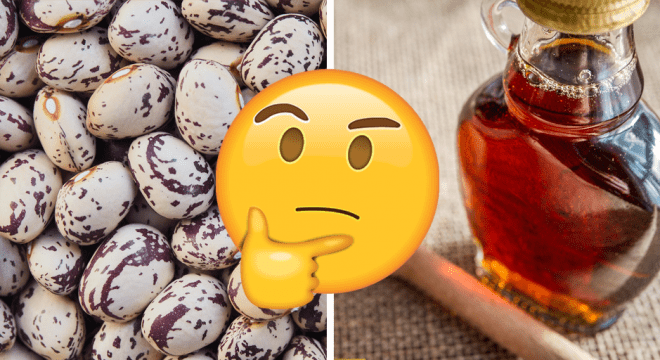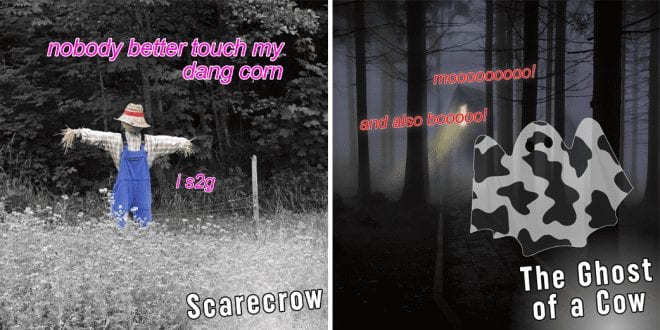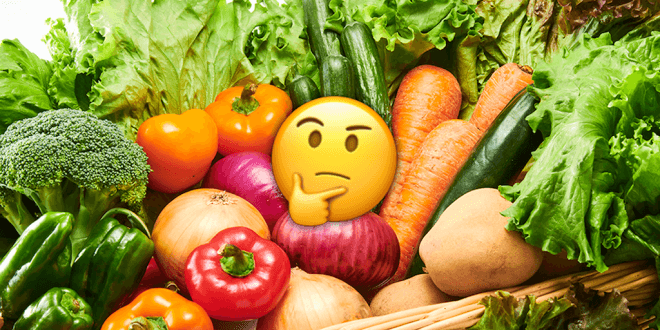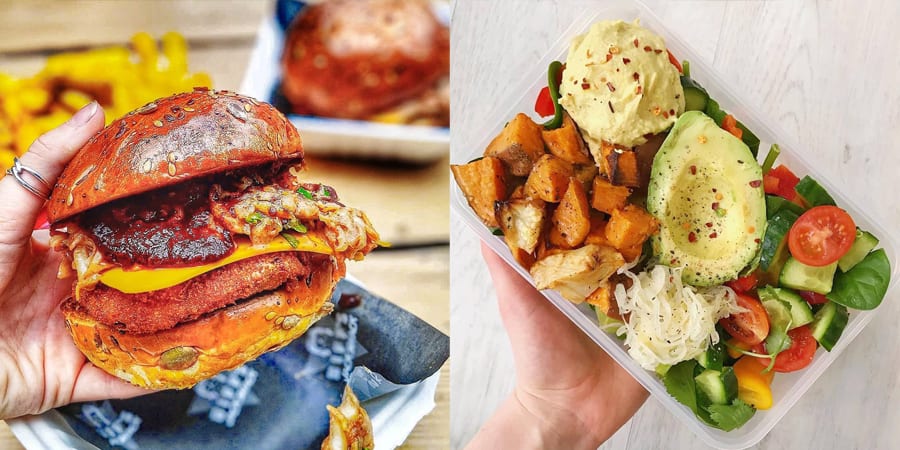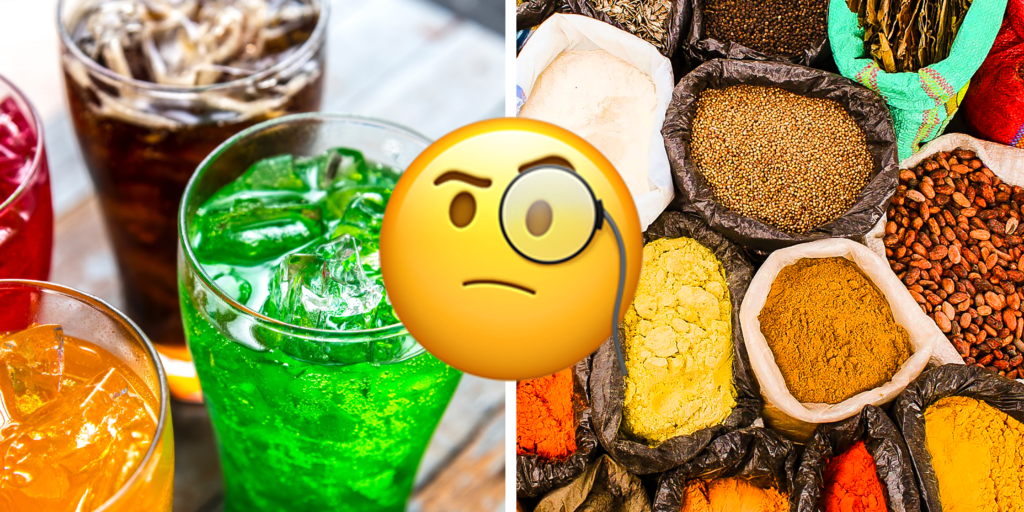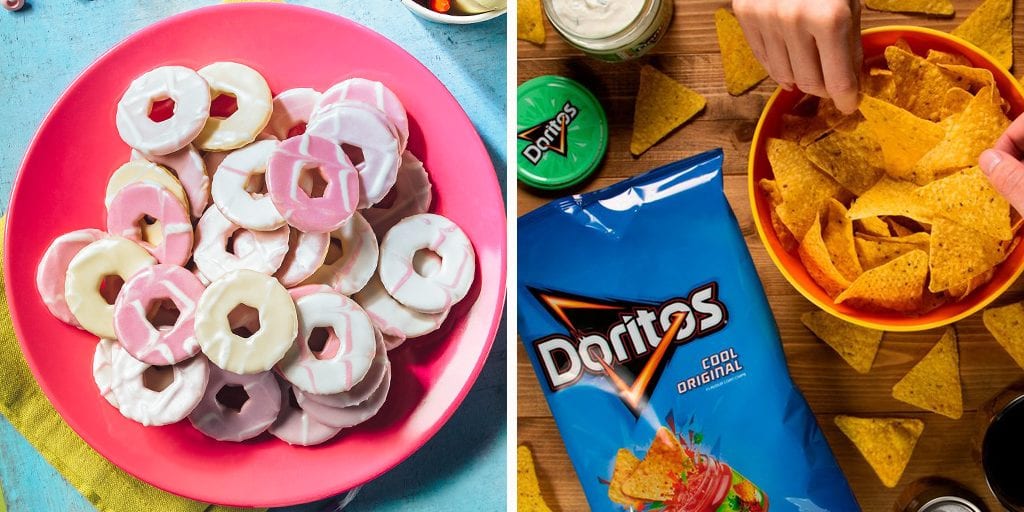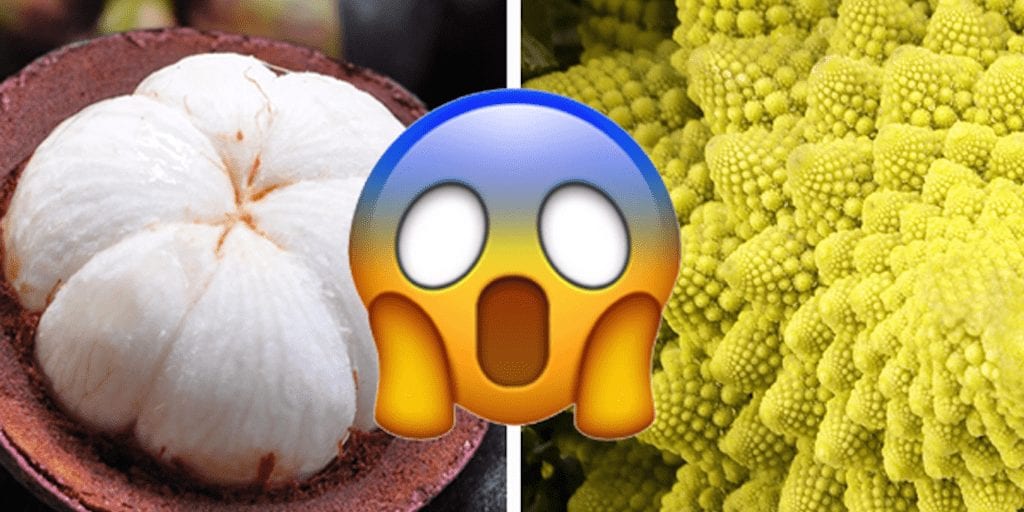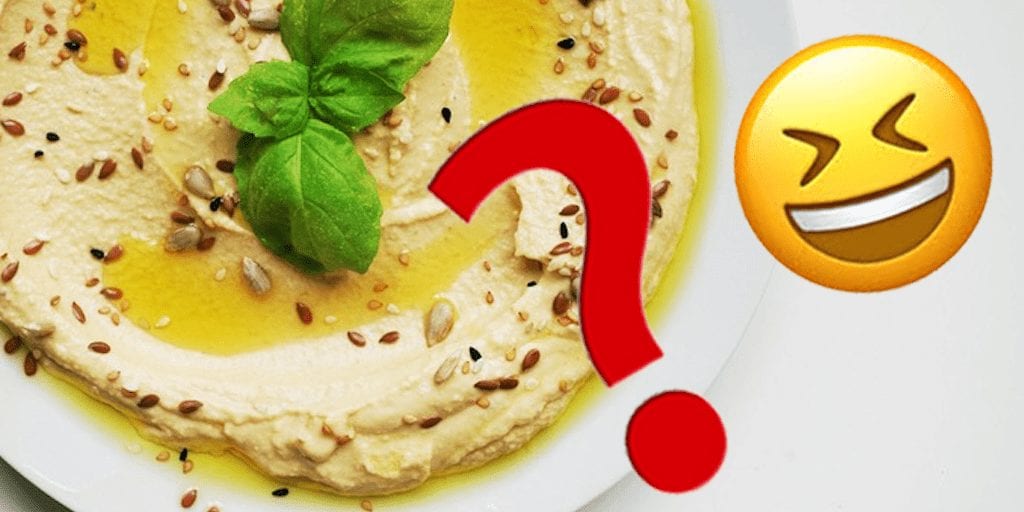
A healthy vegan diet is in fact packed with rich nutrients and energy, evidence shows, debunking the professor’s claims that pregnant women are in danger.
A ‘vegan diet can have severe impacts on pregnant women’ – states a new headline that surfaces this week to yet again cast doubt on the benefits of eating vegan.
News outlet Berkshire Live has quoted University of Reading professor Ian Givens, who claims a vegan diet could give rise to potential health risks, particularly those linked to young women and those who are pregnant.
His contradictory comments come despite a vast body of evidence indicating a vegan diet can provide everything you need.
The Academy of Nutrition and Dietetics has also stated its position on vegan diets. It has deemed it appropriate for all stages of the life cycle including pregnancy, lactation, infancy, childhood and adolescence.
Which is the best diet?
According to the professor, the best diet is an “omnivorous” one because a plant-based diet lacks several important nutrients.
For instance, it lacks iodine – commonly found in dairy’s milk – and this can have ‘severe impacts on the nervous system’ for pregnant women.
This is because dietary iodine is necessary for the synthesis of thyroid hormones. So, decreased thyroid hormone production can lead to weight gain and fatigue.
“Milk is usually the greatest source of dietary iodine, ” Givens told the outlet, and dietary issues “are probably due to reduced milk consumption by young women”.
He added: “Nowadays in Europe, the main concern is with sub-optimal iodine status of women during pregnancy, especially the first three months when the foetus is unable to produce its own thyroid hormones.
“Sub-optimal iodine status in pregnancy is now much more frequent than was thought some time ago and there are six observational studies around the world (one in UK) showing an association between sub-optimal iodine status in pregnancy and the cognitive development of the subsequent children.”
Professor Givens also said that iron is another nutrient found lacking in vegan diets and iron supplements have a “lower bioavailability”, which is why he recommends meat, plenty of fibre, and all of the necessary nutrients such as zinc as well as magnesium and calcium found in dairy.
A most healthy diet is “one that provides all the necessary nutrients in adequate amounts,” the professor said.
“It is, therefore, easier to meet all this with an omnivorous diet but provided the risks are understood and adequately dealt with vegetarian and vegan diets can work.”
‘A healthy, balanced vegan diet has all the nutrients your body needs’
Despite the professor’s claims, major health bodies agree that a healthy vegan diet can provide all the nutrients you need while lowering the risk of all major lifestyle diseases including heart disease, Type II diabetes, and certain cancers.
UK’s National Health Service (NHS) states: “With good planning and an understanding of what makes up a healthy, balanced vegan diet, you can get all the nutrients your body needs.”
Moreover, it’s a myth that you need meat and dairy to get iron and iodine.
Iodine is found in many plant foods. However, the amount varies depending on the levels of iodine in the soil in which they’re grown.
Good plant sources include sea vegetables (arame, wakame, and nori) and iodized salt.
Iron is also found in several plant foods such as dark green leafy vegetables and whole grains such as quinoa, wholewheat pasta, and wholemeal bread.
Additionally, pulses including lentils, tofu, baked beans, kidney beans, and peas are good sources of iron. Seeds such as pumpkin, sesame, and tahini, as well as dried fruit also contain iron.
Other studies
A 2016 EPIC-Oxford study, compared the diets of over 18,000 meat-eaters, 4,500 fish-eaters, 6,600 vegetarians, and 800 vegans to investigate differences in dietary intakes.
Researchers found that vegans had the highest intake of not only iron but also the highest intake of magnesium, polyunsaturated (healthy) fats, fiber, vitamins C and E, folate, and copper.
A separate 2020 study, carried out by the Harvard T H Chan School of Public Health and School of Medicine, found that foods high in folic acid, vitamin b12 and omega-3 fatty acids have a positive effect on fertility.
Meanwhile, diets high in trans-fat, red and processed meats, potatoes, sweets, and sweetened beverages were found to have negatively impacted fertility.
While it’s crucial to stick to healthy habits during your pregnancy, don’t let ‘scare studies’ or biased opinions keep you from doing what you know is right.
Those looking for help in formulating their diets to include all necessary nutrients can refer to Viva!’s Fabulous Female Fertility & Pregnancy wallchart for more information.
Read: Global warming linked to premature births and birth defects, study says
Share this story: UK professor claims ‘vegan diet can have severe impacts on pregnant women’.
About The Author
Lifestyle
Vegan culture, food, beauty & more
Is Tobey Maguire vegan? Here’s what we know
- Mohsina Dodhiya
- 17th August 2023
Tobey Maguire often speaks about veganism and animal issues. Tobey Maguire, the actor best known for playing Spider-Man in the Sam Raimi trilogy, is a vegan. He has been a vegetarian since 1992 and became a vegan in 2009. A lifelong commitment to animal rights Maguire’s decision to go vegan was motivated by his love …
Continue reading “Is Tobey Maguire vegan? Here’s what we know”
Plant-based food jobs surge with 32% growth in just 3 months
- Mohsina Dodhiya
- 17th August 2023
The number of open jobs advertised in the plant-based industry increased by almost a third from April to July 2023, GlobalData reported. The plant-based food industry is booming, and this is reflected in the number of job openings in the sector. According to data from GlobalData, the number of open jobs advertised in the plant-based …
Continue reading “Plant-based food jobs surge with 32% growth in just 3 months”
VEGAN MEMES
NEED A LAUGH?
QUIZZES
All the quizzes you love to binge!
QUIZ: If you score 11/12 on this quiz, you’re a verified vegan food expert
- Marlon Farrugia
- 10th January 2020
How much vegan knowledge do you have stored away? Do you have to Google your way through a shopping trip, or do you have all the bad E-numbers memorised? Find out now with this quiz.
QUIZ: What is your perfect Vegan Halloween Costume?
- Marlon Farrugia
- 13th October 2019
Spook Season approaches. There will be ghosts, goblins, ghouls, and glucose. You need a costume, and you want to it to show off your personality, which means VEGAN. But what to choose? Take our quiz to find out your perfect outfit.
QUIZ: What kind of vegetable are you?
- Marlon Farrugia
- 26th September 2019
“If you were a vegetable, what kind would you be?” A question that has tormented humanity throughout the ages – until now. Read: QUIZ: If you score 19/20 on THIS quiz, you’re a Vegan God

